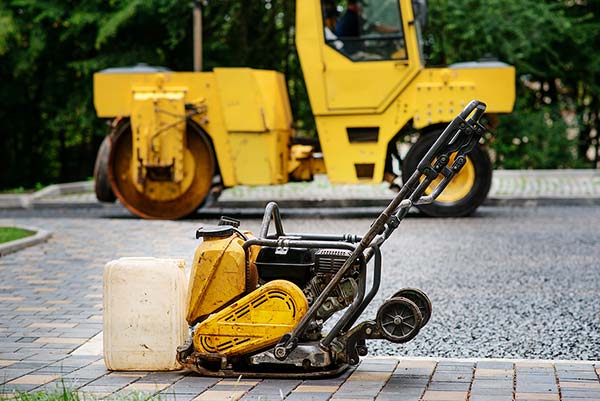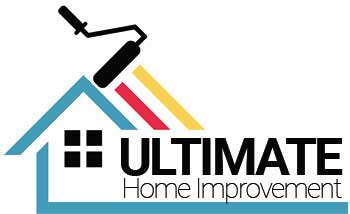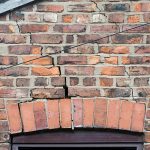The total cost of resurfacing your driveaway will depend on a variety of factors such as the size of your driveway, the type of materials used, and any additional repairs that need to be made.
With all that in mind, here’s a guide on how to budget for your driveway resurfacing project.

1. Determine The Size of Your Driveway
2. Choose The Type Of Material
Choosing The Best Material For Your New Driveway
Asphalt
Concrete
Brick
Pavers
Gravel
3. Assess Any Additional Repairs Needed
4. Get Quotes From Contractors
5. Consider Removal Of Old Materials
6. Plan For Contingencies
Final Thoughts
Driveway resurfacing can be a significant investment, but it can also add value and ‘curb appeal’ to your home. By following these steps and creating a budget, you can ensure that your project stays on track and within your financial means.
Remember to choose the best material for your needs and budget, and always think long-term when making these decisions. Similarly, address any repair early on to save cash long-term, and always shop around to get quotes from contractors for the best deal – see if they will remove the old materials for a bargain price.
This article is published by Ultimate Home Improvement blog uk




